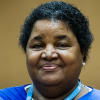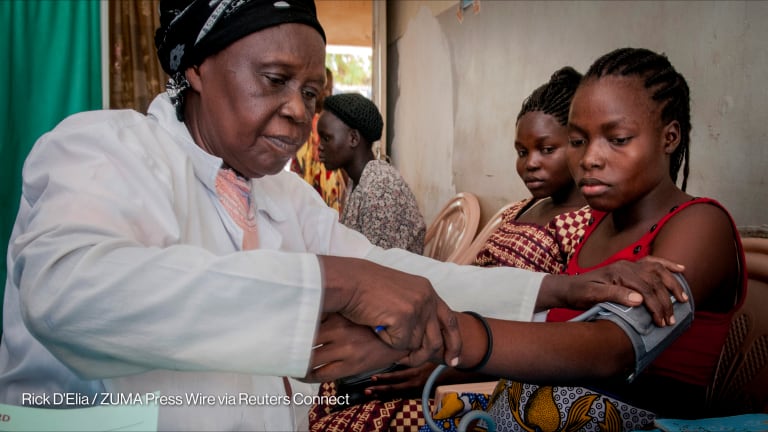
Fifteen years ago, Malawi made a commitment to reduce by two-thirds the mortality rate for children under the age of 5. As Malawi’s minister of health, I am proud that we were among the six countries that met this “Millennium Development Goal,” as it was called, and that we did it ahead of the 2015 target date. However, our maternal and newborn mortality rates are still too high and more must be done.
This week I will help officially launch Malawi’s Every Newborn Action Plan. The Ministry of Health led the development of this plan with the guiding principles of:
● Integrating newborn services into other maternal health and child health activities.
● Ensuring every newborn is counted and that there is equity and equality in reaching out to every newborn, child and woman.
● Accountability and transparency for optimal use of resources.
This action plan is Malawi’s road map for change and our primary means of moving forward the U.N. secretary-general’s Global Strategy for Woman’s, Children’s and Adolescents’ Health, which will be launched in September at the U.N. General Assembly.
The plan calls for Malawi to provide a skilled birth attendant at every birth. While we have seen improvements in this area (from 71 percent in 2010 to 87 percent in 2014), this has not yet translated into a reduction in maternal and newborn mortality. Thus we have made quality of care and ongoing capacity building a high priority.
We are also prioritizing community involvement in the care provided. For example, we are using village chiefs to raise community awareness about maternal newborn and child health issues. We employ health surveillance assistants to visit pregnant women and their newborns at home and link them to points of care — a clinic, a regional facility or a hospital — as appropriate. And in a number of districts, we have introduced hotlines, where community members can call to ask questions about maternal, newborn and child health.
When we learned that Malawi was leading the world in preterm births, we agreed we needed to do much more. In 2014 we set up a task force to develop Malawi’s Every Newborn Action Plan, adapting the global action plan that we endorsed last year at the World Health Assembly to our own needs. The development of our plan was informed by a “bottleneck analysis” of the barriers and challenges to newborn health.
One of the findings was that we had very few indicators related to newborns. The new plan revises our indicators and adds more newborn indicators to our health monitoring system. It also includes new guidance on the use of antenatal corticosteroids in management of preterm labor and for training health workers on their proper use. The plan calls for strengthening facilities that provide basic emergency obstetric and neonatal care and comprehensive emergency obstetric and neonatal care.
My aim is that this newborn action plan will guide the efforts of the Ministry of Health, our district officers and all stakeholders to design specific plans for accelerating progress toward ending preventable deaths among mothers and newborns and avoidable stillbirths. I am confident that the plan sharpens the focus on implementation of existing and new initiatives, and that is why we are recommending it to all stakeholders. It is vital that Malawi make use of every means and innovation possible to maximize use of health services and to avert preventable maternal, newborn and child deaths.
To read additional content on global health, go to Focus On: Global Health in partnership with Johnson & Johnson.








